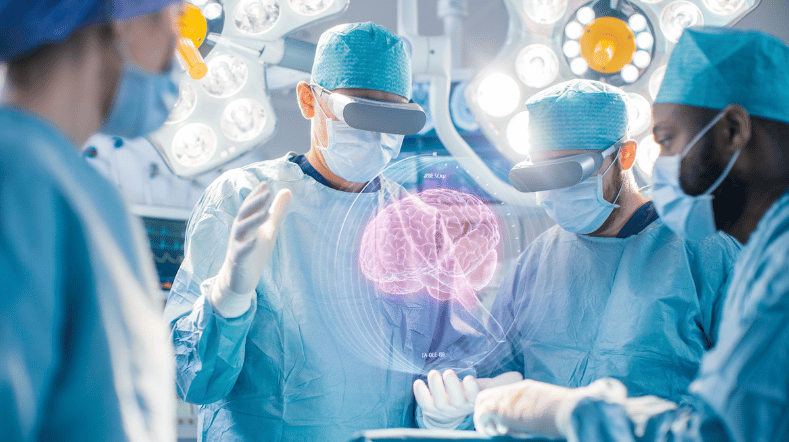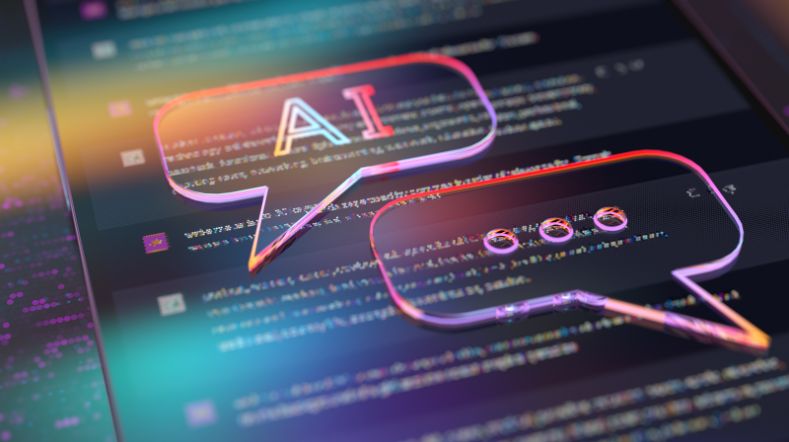Natural Language Processing combats manual text analysis
We’re constantly collecting more data, for example from camera images and text documents. This can provide us with relevant information. However, data is not always stored in a structured manner. This makes it difficult to retrieve the relevant information. Natural Language Processing (NLP) is an AI technique that tackles this problem.
What is natural language processing?
NLP combines the techniques of statistics with machine learning. This makes it possible to extract keywords from a text. We can then use this to make important classifications. TNO uses NLP to extract information from extensive, unstructured textual data in a more automated way.
TNO automatically creates taxonomies with natural language processing
You can use jargon to better streamline and standardise processes, for example in the form of a taxonomy or ontology. However, matching jargon within a field is a time-consuming exercise.
TNO uses NLP to identify important terms from a set of documents and determine their mutual relationships. We do this by:
- combining syntactic information (sentence construction)
- keyword extraction
- web sources
- semantic embedding methods
The taxonomy can then be used as input for an expert session.
Natural language processing is relevant for trend prediction
At TNO, we use our tools to automatically extract information from documents. We can also make predictions, such as in the foresight domain. Using the Horizon Scanner, we explore and extract from relevant websites, blogs and documents. This allows us to retrieve relevant information and to show trends.
Trend analysis shows us that the term deep learning is now being mentioned much more frequently within the computer vision domain than it was ten years ago. In addition, we can classify the documents automatically. For example, by a particular topic or field. We can also use blogs to conduct sentiment analysis and find out whether terms are being described more positively or negatively.
Get inspired
Working on reliable AI


AI model for personalised healthy lifestyle advice


AI in training: FATE develops digital doctor's assistant


Boost for TNO facilities for sustainable mobility, bio-based construction and AI


GPT-NL boosts Dutch AI autonomy, knowledge, and technology


